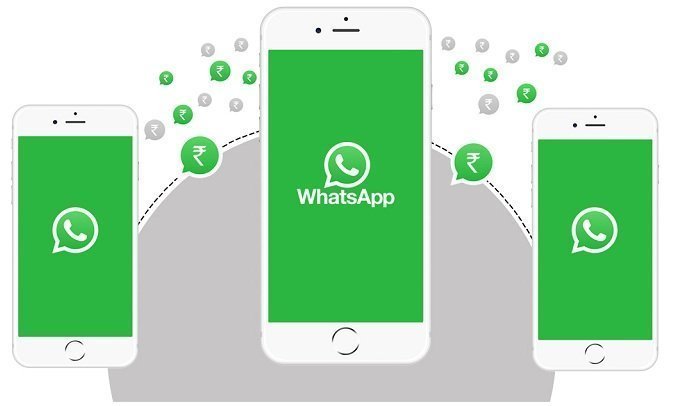WhatsApp has introduced a new shopping feature called WhatsApp cart for an easier more integrated m-commerce shopping experience on the platform.
The “Add to Cart” feature enables users to browse through catalogues and include multiple products from one merchant. They can then share it with the seller to place the order directly through the app. The WhatsApp carts feature comes within days after the Shopping button was added to WhatsApp in November for both iOS and Android users.
The app has started showing a storefront symbol beside the name of the business accounts, making it convenient for users to browse through the catalogue posted by the business.
Much like shopping on any e-commerce portal or app on mobile, WhatsApp will now allow users with the option to add or remove one or more items from their carts. Also, it will help business, or merchants, to keep track of order inquires, manage requests from customers and complete sales. Users can also check the items that they have added to their carts.
WhatsApp Cart feature is available around the world and will soon begin to reflect on accounts. The business will also be required to add a catalogue live in order for the carts feature to be operationalised.
WhatsApp’s popularity as a shopping service means that the company recently announced that it’s investing in new business features. These include offering hosting services for businesses to manage their WhatsApp messages and expanding ways for customers to make purchases right from a chat.
Despite its popularity as a shopping destination, WhatsApp’s support for actually making payments in-app is still in its early stages globally.
Although it recently launched its payments feature in India, its rollout in Brazil hit a speed bump when the country’s central bank suspended the service soon after its launch.
However, Payments Cards and Mobile reports that the president of the country’s central bank, Roberto Campos Neto, recently indicated that he expected them to relaunch peer-to-peer payments “soon,” following the launch of Brazil’s new state-owned instant payments system.



















